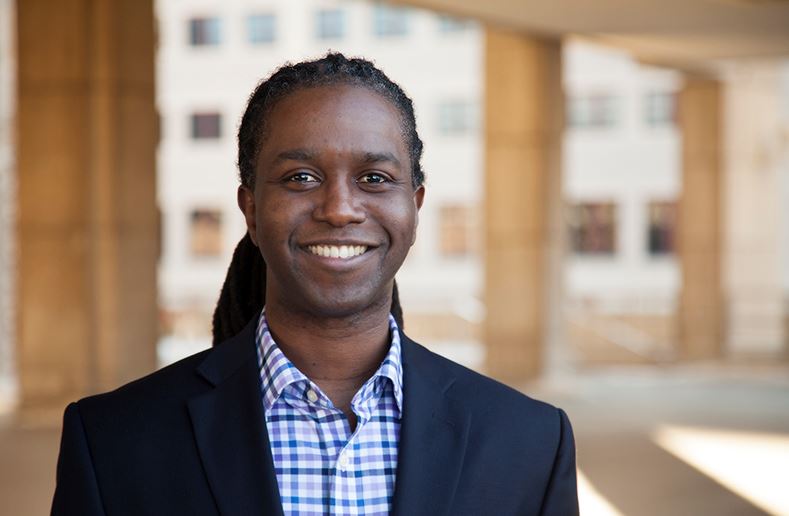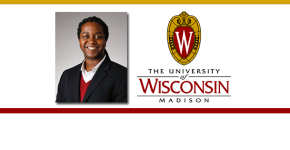 Is your church in favor of same-sex marriage?
Is your church in favor of same-sex marriage?
Maurice Gattis, an assistant professor at the University of Wisconsin-Madison, is studying the effects of pro-LGBT stances held by religious institutions.
Maurice Gattis has engaged in research activities regarding health disparities, GLBT populations, homelessness, and adolescent risk behaviors in the United States and Canada. His primary work focuses on the role of contextual factors (e.g. family, peers, school, stigma, and discrimination) on negative psychosocial outcomes (e.g. mental health, substance use, sexual risk taking).
Dr. Gattis’s recent study “Psychosocial Problems of Homeless Sexual Minority Youths and their Heterosexual Counterparts,” was funded by Canada-U.S. Fulbright. The study involved primary data collection and used ecological systems theory and compared sexual minority youths to their heterosexual counterparts regarding mental health, substance use and sexual behaviors. Dr. Gattis is currently working on a study regarding homeless LGBT African-American youths in Milwaukee and a study regarding transgender individual’s school experiences in Wisconsin, which is funded by the Wisconsin Partnership Program of the University of Wisconsin-Madison School of Medicine and Public Health.
Marriage Equality & Religious Denomination
![]()
Religious affiliation is generally a source of support in times of distress, but religion doesn’t exactly have this reputation for young gay people.
The common assumption is that religion is anti-gay, but that’s not always the case, especially as things like religious marriage become open to same-sex couples.
Young gay people are more likely than their heterosexual peers to experience discrimination — which can threaten their mental health. Can religion help protect gay people from the effects of discrimination?
To answer this question, we asked if affiliating with a religion that endorses same-sex marriage would buffer lesbian, gay, and bisexual youth from the negative impacts of discrimination.
In our survey, more than 2,000 U.S. college students identified their sexual orientation and religious affiliation, and completed an index of discriminatory incidents and an assessment of depressive symptoms. Three hundred and ninety-three identified as being a LGB and 56 percent of them reported experiencing discrimination in the past year, compared to 39 percent of the heterosexual participants. The LGB students also reported a higher incidence of depressive symptoms.
We found that in terms of depression, LGB youth belonging to a pro-same-sex marriage denomination tended to be less affected by discrimination compared to those affiliated with denominations against same-sex marriage as well as compared to their non-religious peers. In other words, belonging to a pro-same-sex marriage religion can help buffer LGB students from the effects of discrimination. Among heterosexual students, religion did not impact their mental health in any way.
While some religions reject LGB people, recent history shows change is happening. Finding evidence of the helpful features of religious affiliation, especially in terms of endorsing same-sex marriage fostering students’ resilience to discrimination, adds more detail to how we look at the two together.

Comments
One response to “Maurice Gattis, University of Wisconsin-Madison – Marriage Equality & Religious Denomination”